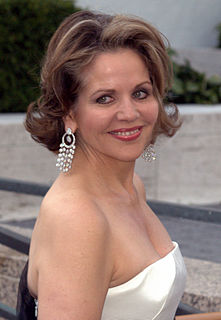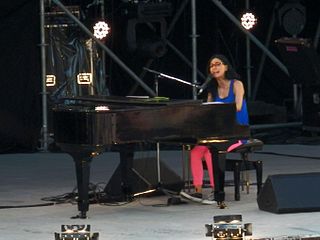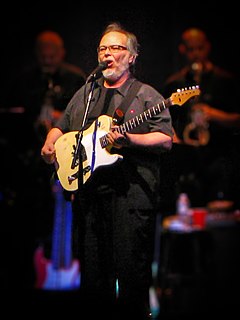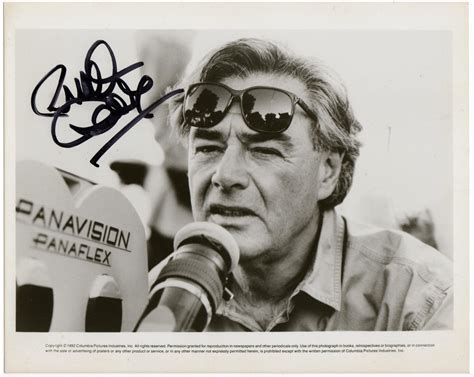A Quote by Joshua Bell
The beauty of a Stradivarius is that you can play in Carnegie Hall without any amplification, and it has this - the sound has, inside it, has something that projects, and it has multifaceted sound, something that kind of gets lost when you use amplification anyway.
Related Quotes
We played Carnegie Hall, and that was one time where I felt... Carnegie Hall as a legendary, very venerable place to perform. I'd never heard of anyone going into the Hall and kind of standing on the seats and playing throughout the aisles and having the audience stand on the seats. So when we did that in 2013, even for me it was a shock.
Often, some people dress something up to make it sound scientific, use scientific words, call themselves doctor something-or-other, and then you look them up, and they're trying to make it sound like something it's not. There's this entire field that's adding the word 'quantum' to everything. It doesn't even make sense in that context.
I think this kind of bohemianism doesn't really exist in the New York city anymore - the bohemianism that I was trying to record in Carnegie Hall that completely defined our culture. The people who lived and worked in Carnegie Hall studios, they defined our culture in music, dance, theater, fashion, illustration. It wasn't so much nostalgic as a celebration of that and an acknowledgment of that and saying that it's really important. And it's actually something that is a loss for the city, I think.


































